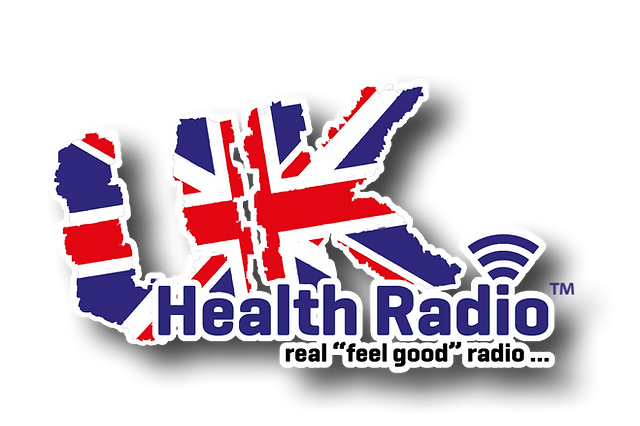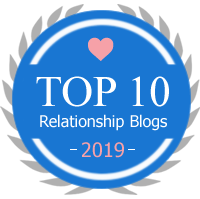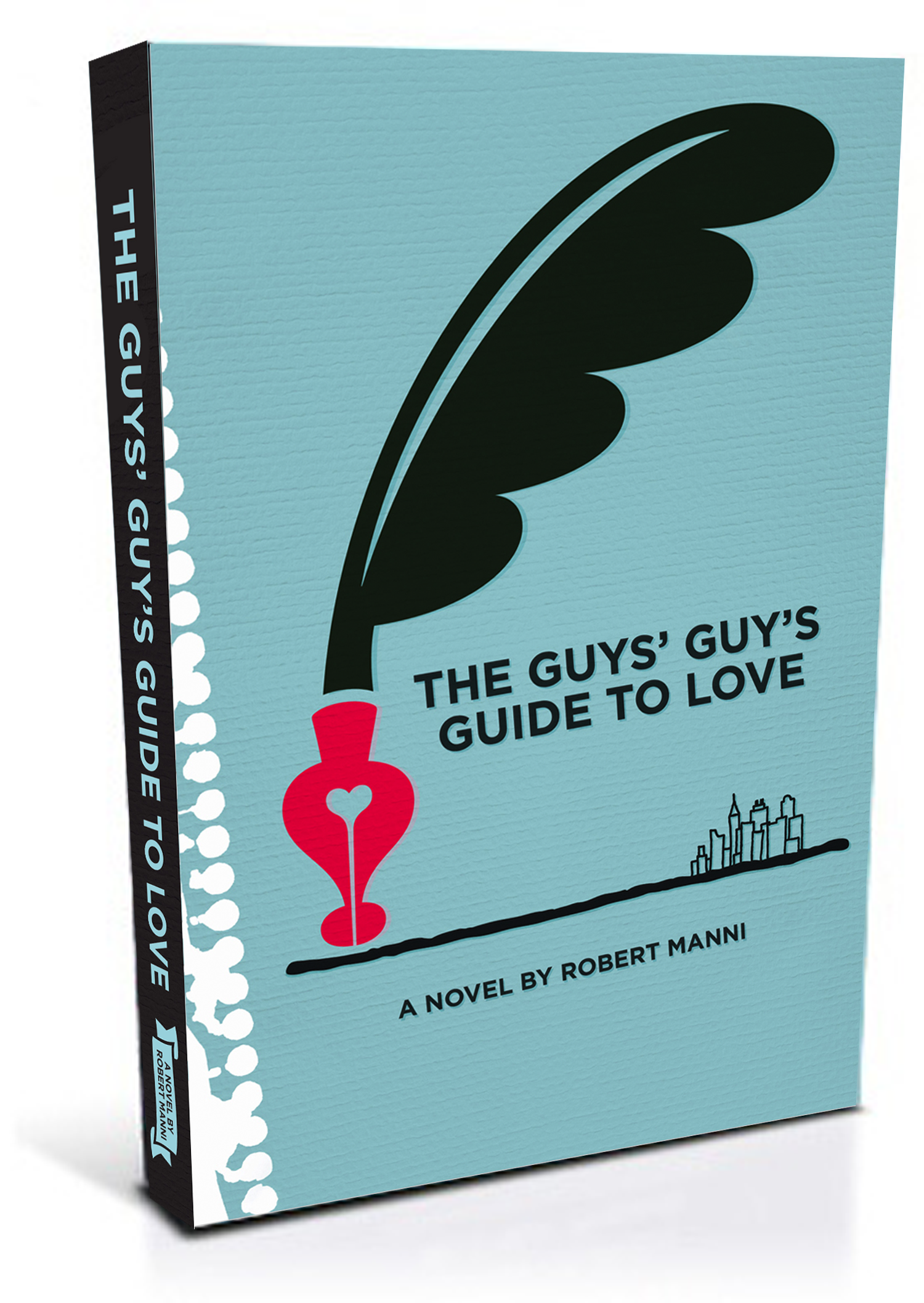AGING IS A CHOICE Part 21 – Sleep and Healthy Aging
By Robert Manni

For decades I lived a whirlwind life entertaining clients as a Madison Avenue ad man. After spending late nights on the town, I’d wake up exhausted and rush to the office fueled by coffee. The frenetic pace and action felt exciting, however, after years of burning the candle at both ends charging through work and home life without proper sleep and rest, my body paid the price. A health crisis woke me up and it became clear that I wanted to live a long, healthy life, I needed to start listening to my body and give it the rest it required to rejuvenate and prevent disease.
My story is not uncommon. Billions of people around the world are sleep deprived. Today’s hyper-paced world no longer provides adequate transition time or opportunities to catch a breath. It’s all gas, no brakes. According to several studies and reports from the Cleveland Clinic, over 50 million Americans have sleep disorders. Additionally, over 100 million Americans claim they don’t get enough sleep. And a whopping thirty percent of people worldwide suffer from lack of sleep.
So, what’s so bad about not sleeping enough? Sleep disorders often lead to high blood pressure, stroke, diabetes, obesity, heart disease and even certain cancers. As we get older, our lack of sleep speeds up the aging process and increases the potential for illness. Older adults are recommended to get between 6-8 hours of sleep each night, with some needing more based on their medications and existing health conditions.
The good news is there are several simple things we can do to help us sleep better and get the all-important rest we need. Here are a few of my go-to practices that allow me to sleep better now than I did twenty years ago.
Cutting back on stimulants, and none after dinner
Let’s face it. Humanity runs on caffeine. Every day people drink over 2.25 billion cups of coffee! Moderation is key. When a pleasure becomes a daily need, something is off. To get a good night’s sleep, experts suggest we stop consuming coffee 6-8 hours prior to bedtime. They also advise we stop drinking alcohol four hours before hitting the sack. So, if you want don’t want to stay awake, hold off on that nightcap.
Putting the phone down, turning the screen off, relaxing your mind before climbing into bed
You know that feeling of anxiety when you wonder what you may be missing when it’s time to dial things down. Fight the urges to scroll, and place your phone out of reach before you get into bed. Relentless scrolling impacts your ability to fall asleep and disrupts your body’s circadian rhythm. Also, turn off all your screens well before bedtime. Try developing a relaxing end of day routine such as reading a book, attending your pet, writing in your journal, etc. to calm your mind and body for sleep.
Going to bed and rising the same time every day
As a believer in the power of routine, I was pleased to learn that going to bed and getting up at the same time helps achieve a solid night’s sleep. Studies show when you stick to a sleep and wake routine, you’ll feel better, increase productivity, and reduce the possibility of future chronic illness.
Consider napping
I was never one for naps because I was too busy and so exhausted from work I was afraid I might fall asleep for hours. When I did some research, I was surprised to learn about napping’s many benefits. Naps reduce fatigue, increase alertness, enhance our mood, and help memory. All good stuff. If you can spare 20 minutes or better yet, an hour, consider adding naps to your lifestyle.
Taking care of yourself as you age matters. If you give these tips a try, you may find yourself more rested, relaxed and feeling better than you imagined. So, if your body is telling you it needs more sleep, listen up and do something about it! After all, it’s all up to you because how we age is a choice.







